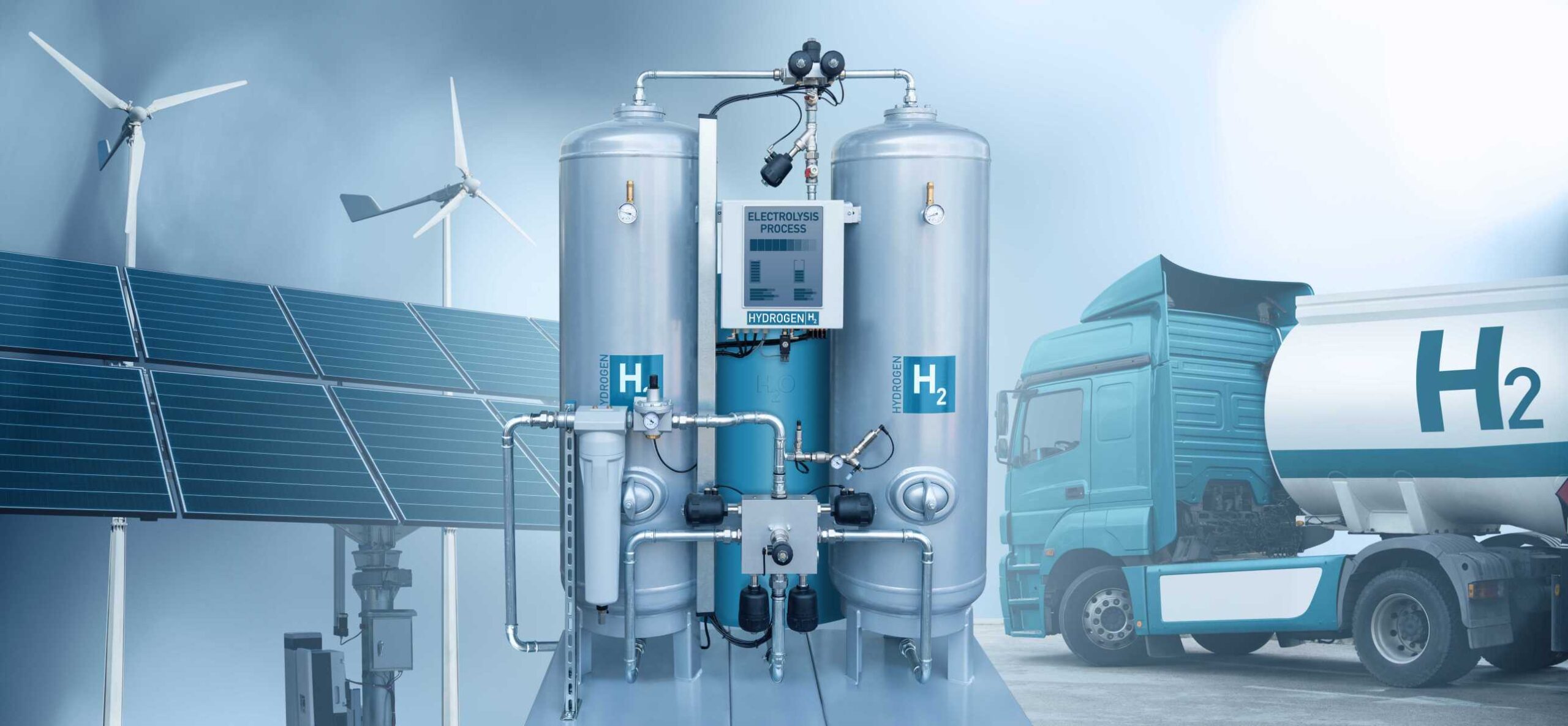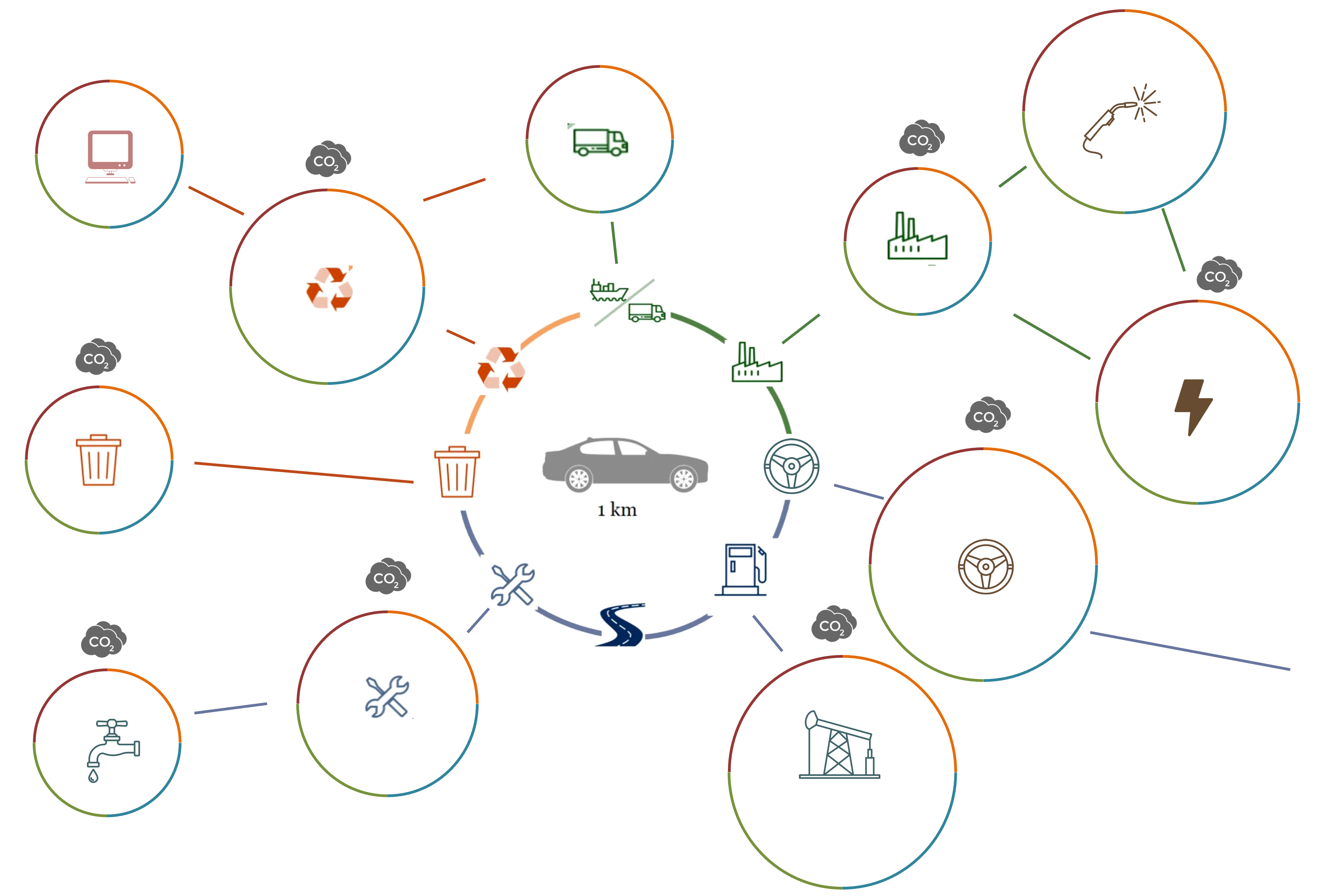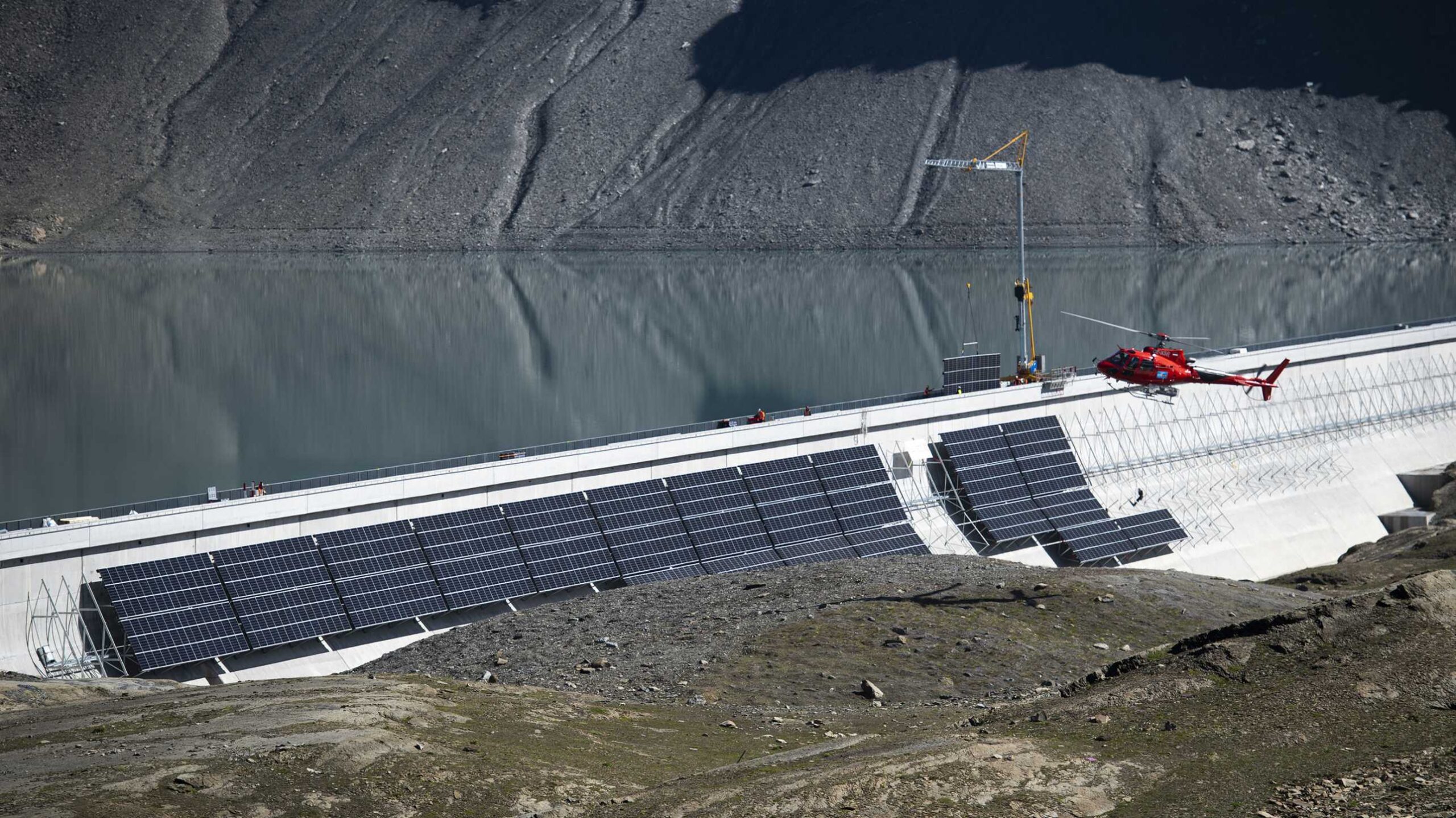Uncategorized
-

CCTS can already avoid CO2 emissions: An overview of the environmental impacts of carbon capture, transport, and storage
Net zero economies will need carbon capture, transport, and storage (CCTS) to decarbonize CO2-intensive industries, like cement production, and compensate for residual emissions from agriculture or aviation. Achieving the magnitudes of CCTS needed for net zero requires an infrastructure capable of capturing, transporting, and storing several megatonnes of CO2 per year as soon as possible.…
-

Hydrogen: handle with care
For Anthony Patt, Europe’s ambitious plans for a hydrogen economy may be too ambitious, tipping the scales towards the interests of the fossil fuel industry, rather than energy consumers and the climate. Switzerland should be careful before jumping fully on board, he argues.
-

Unveiling the Power of Open Energy Data in Switzerland: Learnings from the Energy Data Summit
The Energy Data Summit, held during Energy Week @ ETH, participants discussed the pivotal role of open energy data in Switzerland’s energy transition. Our blog discusses the key takeaways of the summit, including the significance of energy data, the current status of open energy data in Switzerland, and the existing challenges and potential solutions. Enjoy!
-

Energy systems and insurance: a primer
Insurance services help individuals, businesses, and organisations be more resilient and recover from financial losses. But what role does insurance have in the energy sector? Find out below with some key takeaways from our recent publication Ensuring/insuring resilient energy system infrastructure in Environment Systems and Decisions.
-

Unveiling the power of the sun: A guide to estimating your building’s solar energy potential and beyond
Harnessing the sun’s energy to generate electricity through building envelopes presents an opportunity for us to contribute to a better future. But what is the energy generation potential of your building, and how can you estimate it? Beyond energy generation and savings, what should you keep in mind before integrating photovoltaic systems (PVs)? Making an…
-

The search for clean flexible power: what can low-carbon multi-energy systems offer?
The integration of renewable energies increases the need for flexible power to be able to always match supply and demand. One source of clean flexible power could be coming from the end-users as the systems at local scale transition to low-carbon multi-energy systems. The flexibility potential of multi-energy systems for balancing services can be quantified…
-

Understanding the carbon footprint of your daily commute: a guide to climate-friendly urban transport
You are probably aware that your daily commute contributes to climate change. But just how much? In this blog post, we offer a detailed look at the carbon footprint of various transport modes, from bicycles and scooters to cars and public transit. Learn how everyday choices can significantly affect your impact on the environment and…
-

Are Swiss solar PV auctions well-designed and how can they be improved?
Auctions for renewable energy support have become the standard way to give out subsidies to solar energy projects and other renewables in Europe. In an auction, investors usually compete to receive the subsidy based on their offered support price, where the bidders with the lowest offered prices win. The Swiss government has started using auctions…
-

Land-free bioenergy for a carbon-neutral Europe –why, what, how?
Navigating the complexities of bioenergy, its potential for carbon neutrality, and its conflicts with land, food, and feed resources is a pressing issue. What if we could circumvent these issues and focus solely on land-free bioenergy, similar to growing mushrooms on waste coffee grounds for a delicious dish? Waste and byproducts can generate valuable bioenergy,…
-

Can Switzerland transition to a secure renewables-based energy system? Absolutely!
Gabriela Hug – an expert in power transmission networks – argues that securing an affordable energy supply from renewable sources is not a utopian ideal for Switzerland, but rather a practical and feasible necessity.